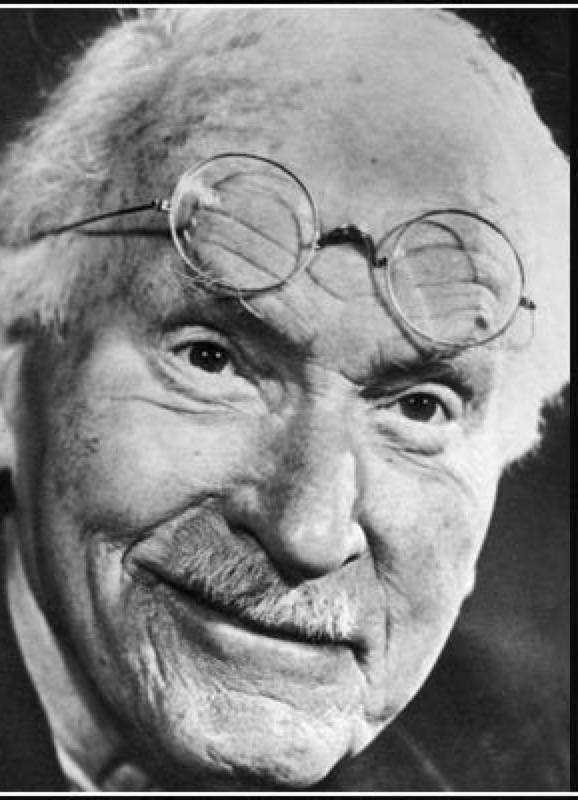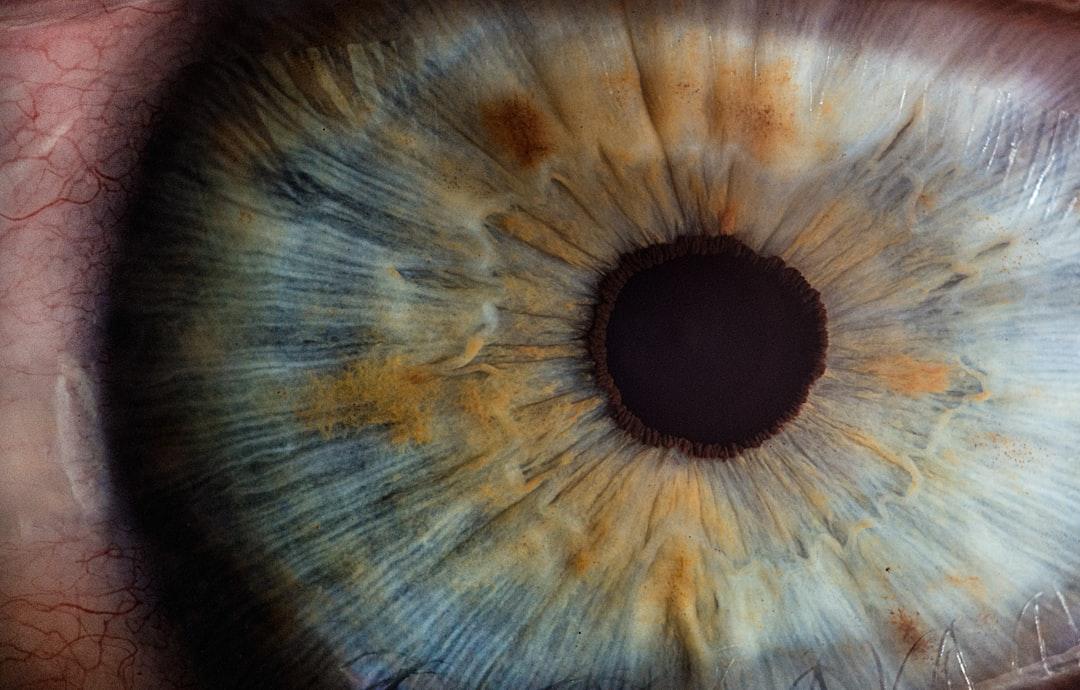What is Synchronicity
Curated from: sciencedirect.com
Ideas, facts & insights covering these topics:
8 ideas
·1.01K reads
7
Explore the World's Best Ideas
Join today and uncover 100+ curated journeys from 50+ topics. Unlock access to our mobile app with extensive features.
Synchronicity
Synchronicity has several domain-based relationships with the concept of creativity:
- through psychology,
- through biology,
- through chaos theory mathematics, and
- through the new physics.
In psychology, synchronicity is defined as the occurrence of meaningful coincidences that seem to have no cause; that is, the coincidences are acausal.
The underlying idea is that there is unity in diversity. In psychology, Carl Jung introduced the concept in his later works (1950s).
10
177 reads
Synchronicity Origine
The idea of synchronicity appears for the first time in the 1970 when studies surfaced about the interpersonal synchronicity with the interaction of mothers and their infants.
9
153 reads
Synchronicity & Jazz
The optimal feeling that interpersonal synchronicity creates has been explained as being in sync with another person or working together in the zone. It is a feeling often described by jazz musicians who are improvising music together and feel like it “jams”.
10
133 reads
Carl Jung: Synchronicity and Quantum Physics
Jung created the term “synchronicity” to explain a relationship between two events which could not be explained by cause and effect.
Somehow information is exchanged which is currently unexplainable by present known physical mechanisms
Classical physicists disagree with quantum physics because there is no clear cause and effect in quantum physics; events are based on probabilities.
Many psychologists may have difficulties with Jung’s theory because it is so far removed from rationality, and there is too much emphasis on the unknown and the collective unconscious.
10
117 reads
Serendipitous occurrences
Synchronicity has been associated with serendipitous occurrences such as Newton's apple and Archimedes's bathwater as well as a host of parapsychological phenomena including telepathy, precognition, remote viewing/healing or. psychokinesis
Synchronistic events appear accidental or intrusive due to their acausal nature.
Synchronicity, like serendipity, may be devoid of any apparent intentional element.
10
105 reads
Serendipity and Synchronicity Same Same? Or Different?
Serendipity is characterized by the presence, or absence, of conscious intention.
Both of them involve observation; an apparently acausal, yet synchronous, relationship between inner and outer events.
Synchronicity reconnects the self in a meaningful way with the world via a mutual resonance that redefines the sense of self.
Serendipity, alternatively, defies an observer's knowledge by disconnecting an existing articulation of self and world by the appearance of an anomaly or error, and then challenges the self to reconnect to the world in a new meaningful way.
11
91 reads
IDEAS CURATED BY
Similar ideas
1 idea
Brain Oxygen Consumption
sciencedirect.com
9 ideas
9 Habits Of Productive People
forbes.com
Read & Learn
20x Faster
without
deepstash
with
deepstash
with
deepstash
Personalized microlearning
—
100+ Learning Journeys
—
Access to 200,000+ ideas
—
Access to the mobile app
—
Unlimited idea saving
—
—
Unlimited history
—
—
Unlimited listening to ideas
—
—
Downloading & offline access
—
—
Supercharge your mind with one idea per day
Enter your email and spend 1 minute every day to learn something new.
I agree to receive email updates








